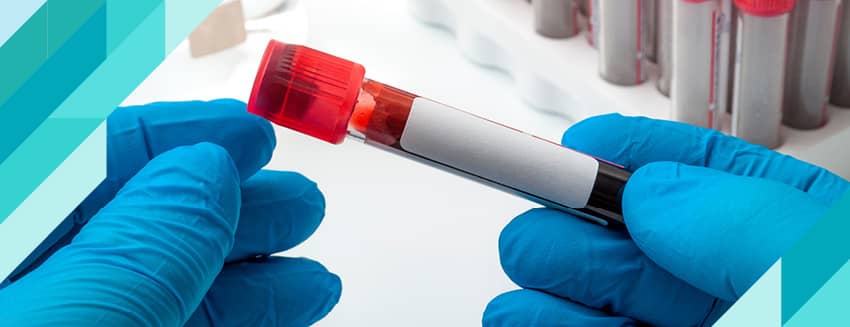
The hemogram test is a laboratory test that plays an important role in the field of health and is performed to determine the numerical and proportional values of the various cell types contained in the blood. This test also provides clues to assess the health status of the bone marrow, which is often the origin of the cells in the bloodstream. It also plays a critical role in the diagnosis of a number of diseases.
The hemogram test is considered a fundamental analysis in health care and is used as an important tool to understand and interpret the components of blood. Through this test, a better understanding of the health status of individuals is obtained and appropriate treatment and management strategies are determined when necessary.
How is a Hemogram Test (Complete Blood Count) Performed?
The hemogram test is performed in a laboratory setting by taking a blood sample. The number of cells in the blood, their ratio and values such as hemoglobin are examined. The results are interpreted by healthcare professionals and provide information about general health status. The test is used for routine health checks or to assess health problems. Treatment or follow-up plans can be made according to the test results.
How is a Hemogram Test (Complete Blood Count) Reported?
The hemogram test is reported with certain abbreviations that express the number and proportions of cells in the blood. These parameters are included in the complete blood count result document in the following ways:
- Red blood cell count (RBC),
- Hemoglobin (HGB),
- Hematocrit (HCT),
- Red blood cell indices (MCV, RDW, MCH, MCHC),
- Platelet count (PLT),
- White blood cell count (WBC).
These values are reported according to whether they are above or below the limit values. Reporting is based on age group-specific cut-off values for adults. In children, the limit values may differ according to age and gender.
What are the Normal Values for a Hemogram Test (Complete Blood Count)?
A complete blood count test is a medical test that provides important information about body health by analyzing the different components of the blood. The values considered normal in the hemogram test are as follows:
Red Blood Cell Count (RBC): In adults, a range of 3.8 to 5.3 million/ml is considered normal.
Mean Erythrocyte Volume (MCV): Normal red blood cell volume is between 80-100 fl.
Hemoglobin (Hb): Generally, above 13 g/dL in men and above 12 g/dL in women is considered normal.
Hematocrit (Hct): The normal hematocrit value for adults is between 35-45%.
Mean Red Blood Cell Distribution Width (RDW): The normal RDW value is usually between 11.5% and 14.5%.
Mean Erythrocyte Hemoglobin (MCH): The normal MCH range is 30-34 picograms.
Mean Erythrocyte Hemoglobin Concentration (MCHC): The normal MCHC value is usually between 30-36%.
White Blood Cell Count (WBC): Normal leukocyte count is between 4,400-11,000/mm3.
Platelet Count (PLT): Normal platelet count is between 150,000-400,000/ml.
